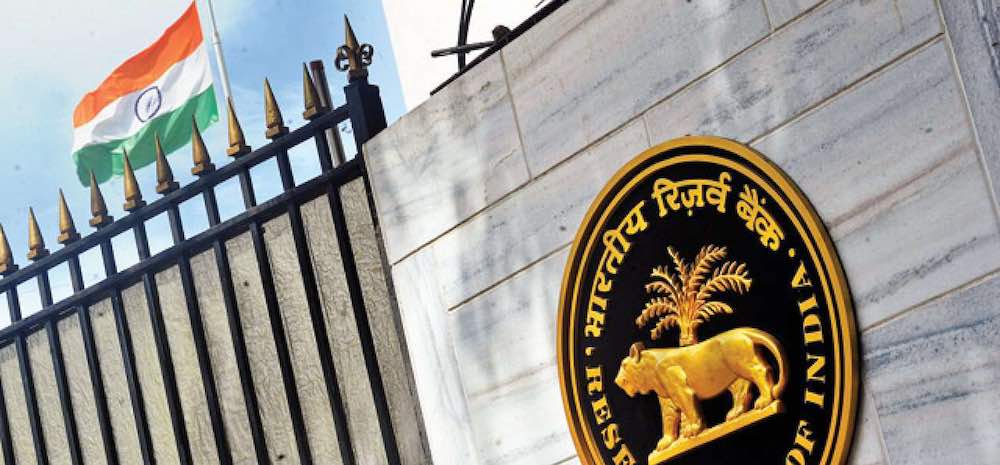RBI Will Take Control Of 1,551 Urban Co-operative Banks Having Business Of Rs 7 Lakh Crore

It has been reported that the Central GST collection has fallen short of the budged estimate by nearly 40%, during the April-November period of 2019-20, as per the data presented in Parliament on December 9.
Also, large urban co-operative banks (UCBs) are expected to come under the provisions of the Banking Regulation (BR) Act, in order to fall under the exclusive folds of the Registrar of Co-operative Societies (RoCS).
CGST Falls Short of Budgeted Estimate
The Minister of State for Finance Anurag Singh Thakur presented information in Lok Sabha that the CGST collection during April-November came out to be Rs 3,28,365 crore, while the budgeted estimate was of Rs 5,26,000 crore for this period, even though the data recorded is provisional.
n 2018-19, the actual CGST collection stood at Rs 4,57,534 crore, against the provisional estimate of Rs 6,03,900 crore for the year. In the year 2017-18, the CGST collection was Rs 2,03,261 crore.
He also said that as many as 999 cases of GST evasion were registered till October in the current fiscal, of which Rs 8,134.39 crore has been recovered. In fact, a total of Rs 19,395.26 crore was recovered, accounting to 1473 cases, during 2018-19, while 2017-18 recorded the recovery of Rs 757.81 crore (148 cases).
The minister also informed the house that it has inserted a new CGST rule which puts restriction that the input tax credit (ITC) availed by a taxpayer shall not exceed 20 per cent of the eligible credit available in respect of invoices or debit notes.
This capping of ITC shall lead to reduction in cases of fraudulent ITC availment as well as increase in payment of tax through cash thereby boosting GST collection.
Urban Cooperative Banks
Large UCBs are expected to come under the provisions of the Banking Regulation (BR) Act, even the smaller ones among them are to remain within the exclusive fold of the Registrar of Co-operative Societies (RoCS).
Also the banks falling below the threshold of Rs 20,000 crore suggested by the Rama Subramaniam Gandhi committee could be brought under this Banking Regulation Act.
Earlier, it was up to the banks to decide whether they wanted conversion or remain a multi-state urban cooperative. However, the upcoming changes will bring down the dilemma on dual control of UCBs, which has been prevalent since 54 years.
This means that the larger UCBs may now have no option but to convert into a scheduled commercial bank over a period of time.
What Happens When a UCB Becomes a Commercial Bank?
In the revised scheme, the inspection of urban co-operative banks solely under the Banking Regulation Act will be done by the central bank, with those of others being carried out by the Registrar of Co-operative Societies. Both the categories of urban co-operative banks will get cover from the Deposit Insurance and Credit Guarantee Corporation.
Besides, the new framework will affect 1,551 urban co-operative banks in the country, which had a total business of Rs 7.36 trillion. As per the RBI’s Report on Trend and Progress of Banking in India 2017-18, these UCBs had deposits of Rs 4.56 trillion and advances of Rs 2.80 trillion in 2017-18.

Comments are closed, but trackbacks and pingbacks are open.